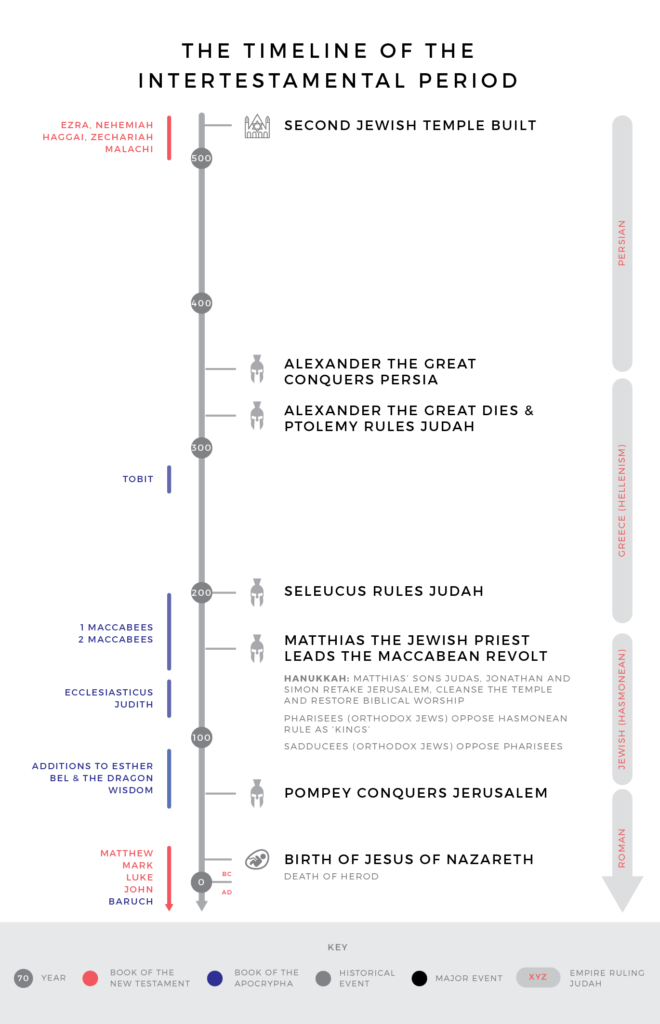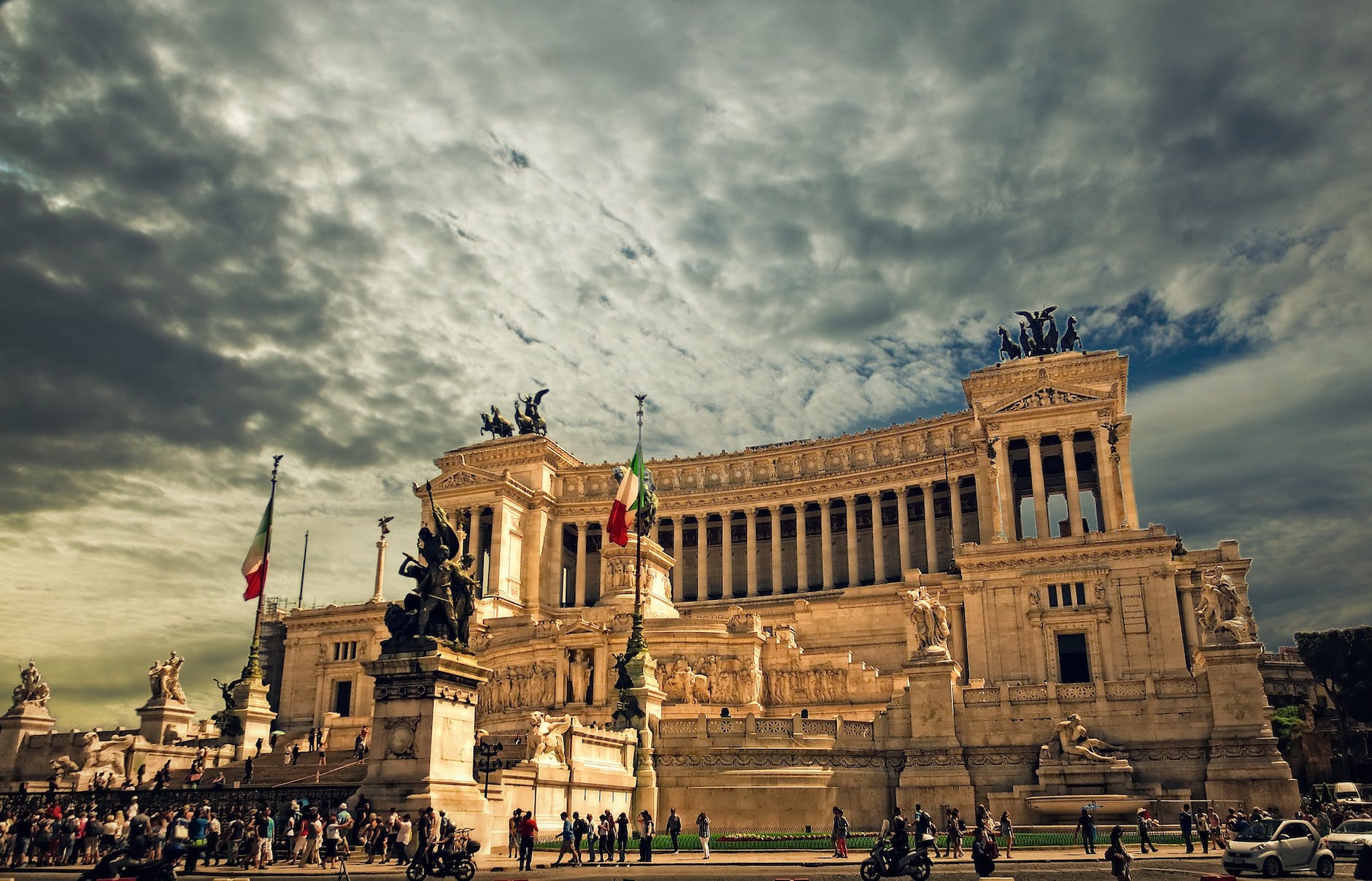Have a read of my short story about a mother called Rebekah:
She tapped ctrl, alt and del, logged in and gazed at the wallpaper. The screenshot of her two girls and Bryan spurred her onto finish the spreadsheet so she could go home.
Mia came bounding out the house like a Labrador, desperate to tell her about dinosaurs. Pale-looking Chanel was still reeling from eating too much pasta at lunch. Unaware of her arrival, Bryan was lumbering a large box up the stairs – she could just make out ‘52”’.
Holding the shivering patient in one arm and dragged by the other, she made it to the kitchen. Peering around, she saw colouring pencils strewn near the door, the flickering hob light and the odd scent of slightly overcooked lasagne. As she turned off the oven, Chanel gazed up at her tenderly, “Mummy, can you give me the strawberry medicine this time?”
She smiled.
Rebekah was home.
What happens when the most important thing gets taken away from you?
What means most to you in the world? For Rebekah, it was her family. For a 1st Century Jew, it was God.
Unlike the Romans and Greeks (and most of us) who believed that humans do things for God, the Jews were convinced that God had done everything for them. God was the centre point of all Jewish culture. They believed that God created them, saved them from Egyptian slavery, rescued them from death in the desert and gave them a home. God appointed leaders to govern them and the laws from which to govern.
Without Yahweh, there was no Jew.
Without Bryan, Mia and Chanel, there would be no Rebekah.
What could you not live without?
What if that thing, whatever it may be, was taken from you?
Unbeknownst to the average Westerner, Christmas does not begin in a time of peace, but in desperate circumstances, where the Jewish people were losing all they held dear.
What actually happened before Jesus was born?
Our story begins with occupation, and a time that we as Christians tend not to know very much about – the Intertestamental Period (see below).

Alexander the Great conquered key Jewish cities like Gaza and Judah. Both Alexander and his subsequent leaders, Ptolemy and Seleucus Hellenised[1] the Jews to the point that the entire Old Testament was translated into Greek[2]. However, a Greek ruler who did not get on well with the Jews named Antiochus IV Epiphanes marched on Jerusalem, imposing the following laws[3]:
- Jews could not assemble for prayer.
- Observance of the Sabbath was forbidden.
- Possession of the Scriptures was illegal.
- Circumcision was illegal.
- It was illegal to refuse to eat hogs or any other food that was prohibited by the Mosaic Law.
- It was illegal not to participate in the monthly sacrifice honouring Antiochus. This involved eating meat sacrificed to idols.
The penalty upon breaking any of these laws was death. Antiochus wanted to crush Judaism, the cornerstone of Hebrew culture. Resultantly, the Jews fought back and won their freedom. From 163 – 63 BC, Israel was a sovereign nation (the Hasmonean Dynasty).
Rome seemed like an unbeatable enemy to the Jews

Sadly, Jewish independence came to an end as a bigger fish entered the pond.
In 63 BC, Roman general Pompey invaded and took control of Jerusalem. Judah was renamed Judea. Pompey installed Herod the Great to keep the Jews in line. Although he built tremendous financial capital for the Jewish people, the leader who murdered his own son and then sought to murder every infant in Bethlehem didn’t quite live up to his namesake (Matthew 2:16–18).
In times of strife, we put our hope into something or someone: ourselves, our government, our money, our spouse or maybe we simply pull the trigger and end it all because the situation is hopeless.
And so the backdrop against which Christmas is set – a beleaguered people, under constant occupied rule, constantly desperate to return to their former glory yet under constant threat from foreign and domestic enemies. During all this chaos comes a choice that we all must make: where do we put our hope when it seems that our most precious possession is taken away?
‘O Come Emmanuel’ is a prayer for desperate people facing unbeatable enemies
In times of strife, we put our hope into something or someone: ourselves, our government, our money, our spouse or maybe we simply pull the trigger and end it all because the situation is hopeless. We throw our eggs into the basket that we hope will bring us happiness, comfort and joy!
However, I believe the Jews did not lose hope because they looked beyond any earthly device for help; they appealed to the heavens.
To you I lift up my eyes, O you who are enthroned in the heavens!
Psalm 124:1
I shall have the same attitude. My world is so fragile; my hurts are so real and the things that are meant to bring some semblance of relief only do so for a while…and then they are gone. I need something more, an unshakable anchor that can withstand the roughest seas. Therefore, I, like my Jewish brethren, shall send my plea to heaven.
O come, O come, Emmanuel and ransom captive Israel.
Footnotes
[1] To ‘Hellenise’ something means to make it Greek
[2] A manuscript still used for translation purposes today known as the Septuagint (or LXX – the Roman numerals for 70 commemorating the 70 translators who produced the text)
[3] John & Paula Stevenson, The Intertestamental Period. <http://bit.ly/1wANR6j>






